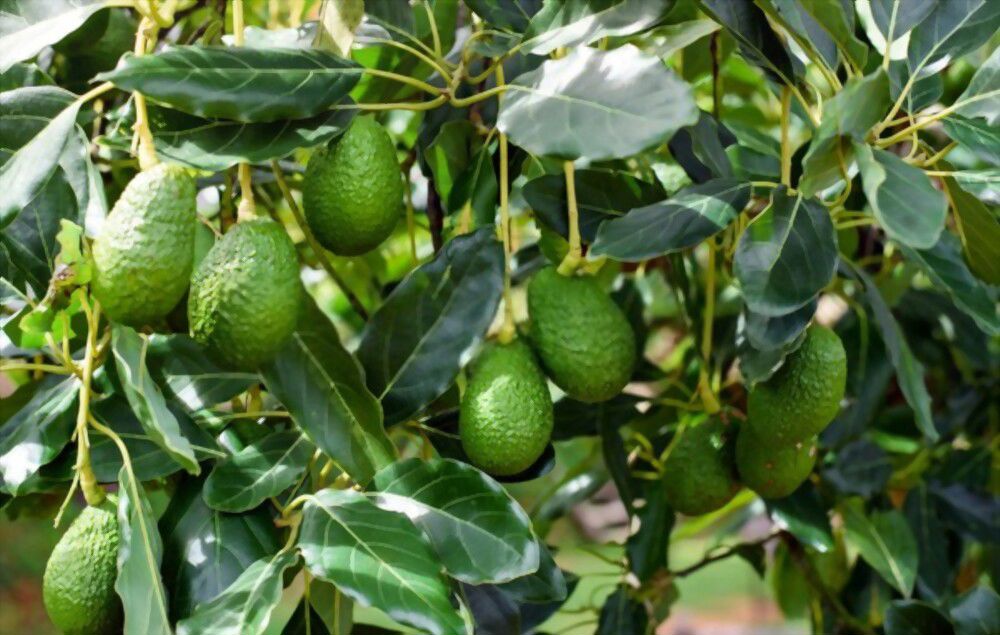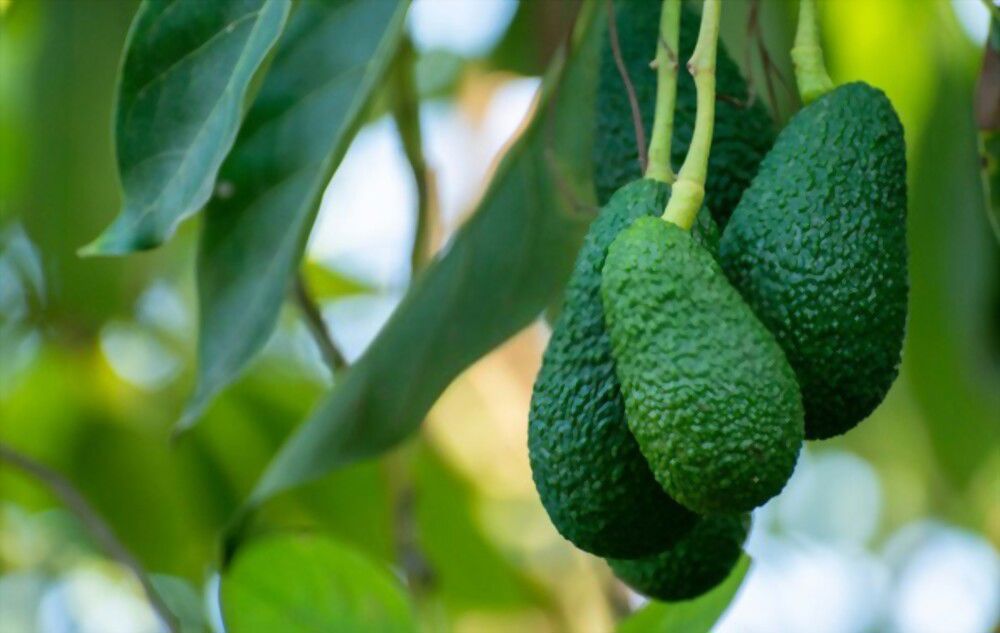When most people think of avocados, they think of guacamole or avocado toast. However, did you know that avocados have a spiritual meaning? This nutrient-rich fruit is more than just a delicious snack! Avocados have been given a spiritual significance for many centuries and are still seen as symbolic in some cultures today. The most common interpretation of the avocado is that it stands for fertility, abundance, and good luck. Read on to find out more about the avocado's spiritual connection and how you can use it for your own spiritual growth.
1. The spiritual significance of avocado.
1.1. Avocado has had a long history of spiritual significance in Central America
Avocados play a special role in Mesoamerican cultures and are deeply rooted in spiritual beliefs. The avocado tree is seen as an embodiment of fertility, strength, and abundance. It is believed to be sacred and has been used for centuries for medicinal, nutritional, and religious purposes. Avocado was so important to the Aztecs that they called it āhuacatl, which means ‘testicle’ due to its shape. Ancient Mesoamericans also viewed the ripe fruit as a symbol of fertility, wealth, and abundance.
In pre-Hispanic Mexico, avocados were also associated with gods of fertility. Veneration of the avocado tree was common among many ancient societies in Central America; the Mayans saw it as the symbol of life. To them, avocados represented health and success and they believed that they could bring good luck to those who consumed them.
The spiritual significance of avocados in Mesoamerican cultures is documented in the few remaining codices and oral histories passed down by their descendants. The fourteenth month of the classic Mayan calendar, K'ank'in is represented by an avocado glyph. Similarly, Pusilhá - a city located in Belize also known as the ‘Kingdom of the Avocado’ – has avocado as part of its name glyph. Furthermore, avocados are included on the sarcophagus of Maya ruler Pacal at Palenque.
The spiritual significance of avocado was evident in the ceremonies the Aztecs held for Xochipilli, the god of flowers and fertility. During these rituals, priests would gather avocados from local groves to use in offerings and sacrifices. The ancient Mayans used avocados in their spiritual ceremonies too; they believed it was a powerful way to connect with spirits and gods from other worlds.
Avocados still hold an important spiritual place in contemporary Mexico; it is not uncommon for people to pray for health on New Year’s Day by eating avocados. The fruit is also widely used in traditional medicine and healing practices, as well as to bring good luck and prosperity. Avocado is even present at some of the most important milestones in life, such as weddings or baptisms.
All of these customs demonstrate how avocado continues to be deeply intertwined with spiritual beliefs in Mesoamerican cultures. The powerful symbolism surrounding this beloved fruit has been passed down through generations, ensuring its importance lives on for future generations.
In modern times, many cultures in Central America still hold avocados in high esteem. It is believed that by eating avocados one can gain strength, good health, balance, and peace of mind.
1.2. The spiritual significance of avocado to South American cultures
In South American cultures, the avocado is associated with family bonds since it helps nurture those around us with its healthy fats, vitamins, and minerals. The avocado also has spiritual significance in South American cultures because it is believed to be a symbol of eternity. This could be due to the fact that its seed can remain unchanged for many years inside the fruit’s protective skin.
Ancient Mayan and Aztec cultures saw the avocado as a sacred tree that provided physical, emotional, and spiritual nourishment for the people.
In Peru, the avocado is known as Palta and it symbolizes life force energy. The Incas considered avocados to be “fruits of fertility” due to their large size, smooth texture, and abundance of oil.
Avocados are still celebrated in many festivals throughout Latin America with traditional dances and songs celebrating their abundance. Every November in Venezuela there is a festival dedicated to the avocado called "Fiesta de la Partita". During this weeklong celebration, Venezuelans honor the long-standing tradition of eating avocados with plenty of rituals and festivities including parades, pageants, markets featuring local products, music performances, and more.
1.3. In India Avocados are often associated with longevity
Avocado holds a special place in Indian culture and has been given spiritual significance. According to Hindu mythology, avocados were believed to be eaten by the gods themselves, making it a divine fruit. In some parts of India, avocado is also known as “Butter Fruit” due to its creamy texture and rich flavor. It is often used in religious ceremonies by Hindus as a traditional offering for various gods and goddesses. Avocado yields an oil that is regarded as sacred and burned in religious lamps during festivities and rituals. This oil is also believed to have healing properties and can be used for medicinal purposes.
In addition to its spiritual symbolism, avocado is also consumed regularly throughout India due to its high nutritional content which contains vitamins, minerals, and essential fatty acids. This fruit is widely used in a variety of dishes and desserts such as guacamole, salads, spreads, smoothies, and many other traditional recipes. Avocado has become an important part of the Indian diet due to its health benefits that are believed to promote good health and longevity.
2. What Does the Bible Say About Avocado?
The avocado has long been considered a symbol of wealth and good fortune in the bible. It is believed to represent abundance and fertility, two essential elements for leading a fruitful life on earth. This belief is further supported by the fact that one of Adam and Eve’s first meals was an avocado (Genesis 3:17). In addition, avocados were frequently offered as sacrifices during ancient times as symbols of prosperity.
In Jewish culture, the avocado holds special meaning as well. The Hebrew word for avocado is “peri” which translates to mean “good luck.” Avocados are often featured in religious ceremonies such as Passover where they represent a reminder of God’s bountiful blessings.
It is believed that consuming the fruit can bring about a shift in perspective, allowing one to find inner peace and enlightenment. This is why many cultures incorporate avocados in ritualistic practices such as fasting and prayer.
Conclusion
Overall, avocados have been given a great deal of spiritual importance for centuries, being seen as symbols of fertility, abundance, prosperity, family bonds, protection, and good luck. For this reason today we still hold this delicious fruit in high regard, knowing that it provides us with much more than just nutrition.
The avocado is a powerful symbol of abundance and fertility in many cultures and spiritual traditions around the world. Avocado's spiritual meaning has been a prevalent part of numerous belief systems for centuries, and continues to be celebrated and valued today.








